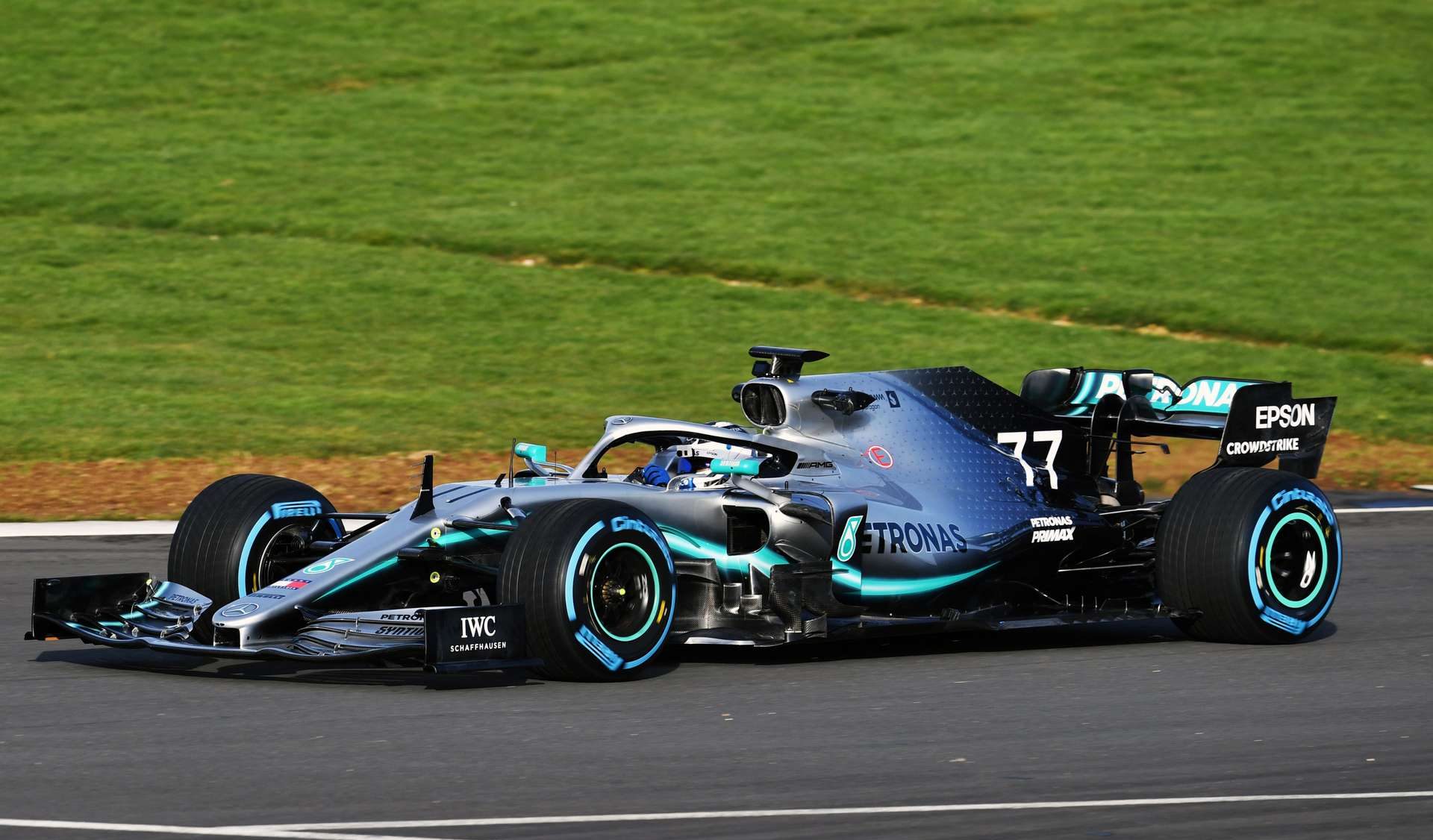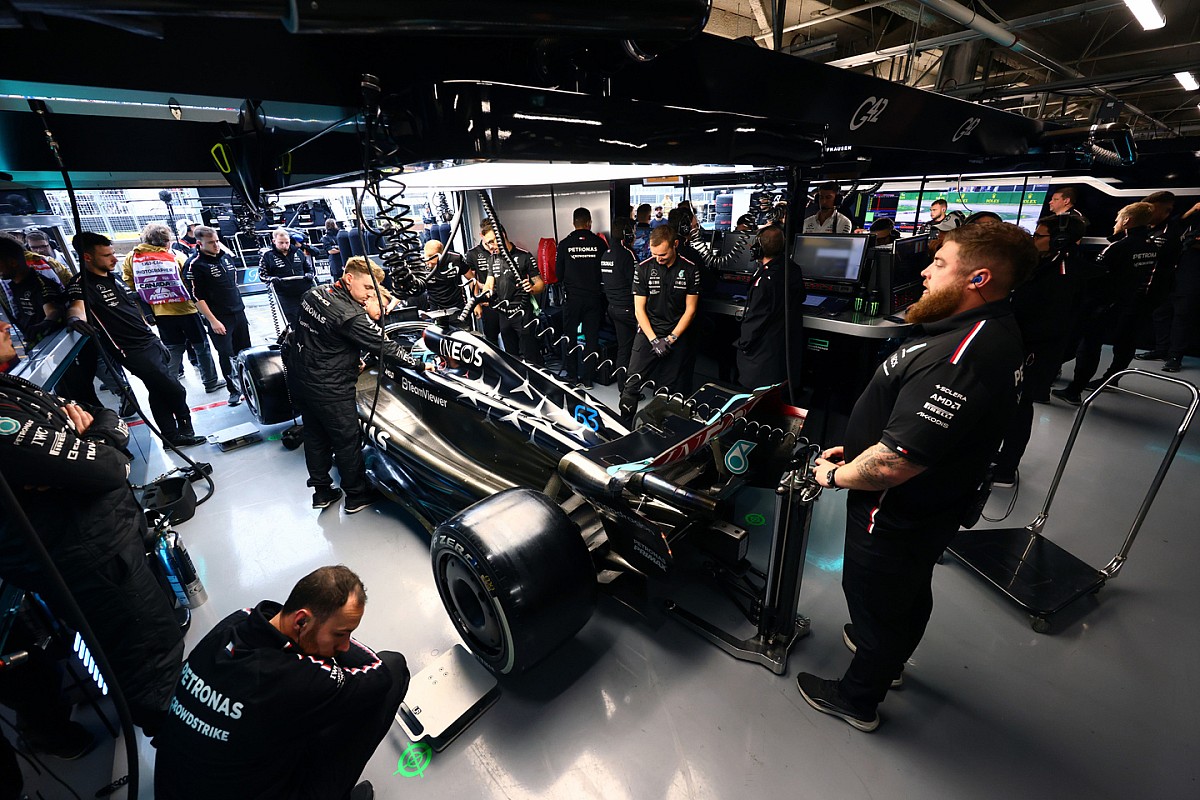Enduring repeated setbacks weekend after weekend can make it challenging to stay committed to the path, especially when the fightback struggles to gather momentum.
As the German manufacturer approaches the launch of its all-new 2024 cars after two years marked by disappointment (with a solitary win in Brazil), one might anticipate a reluctance to engage in further learning at this moment.
However, unlike other teams in similar situations that often veer off into a negative spiral, the atmosphere at Mercedes’ Brackley and Brixworth factories has been quite the opposite.

Rather than fostering a blame culture with internal factions turning against each other, the challenges of the past two years have unified the Mercedes workforce, creating strength rather than division.
Mercedes team principal Toto Wolff, reflecting on the difficult campaigns, emphasized that it wasn’t necessary for a rescue operation to maintain order within the team. Instead, there was a collective desire to come together and address the issues.
Wolff highlighted the team’s ability to navigate challenges, acknowledging each other’s strengths and weaknesses. The unity persisted even in challenging situations, with different team members stepping up when needed.
However, the difficulties extended beyond the car’s performance. Strategy choices, such as in Austin where Max Verstappen was gifted the undercut, and openly admitting weaknesses in pit stops during 2023, added to the team’s challenges. Despite setbacks, Wolff expressed confidence in the team’s ability to learn and evolve.
One notable aspect of Mercedes’ two years of disappointment is the internal factors at play, distinct from the on-track performances. Wolff acknowledged the initial euphoria in 2022, but unexpected challenges arose in 2023.
Issues with the car’s physics and tools not correlating with on-track performance became a recurring theme. The team is now focused on rectifying these issues and making necessary changes to enhance the car’s performance.
While early simulator feedback suggests optimism for the upcoming season, both Wolff and technical director James Allison remain cautious, acknowledging the unpredictable nature of Formula 1.
Despite Wolff’s predisposition to a “glass half empty” outlook, he remains positive about the team’s capabilities to overcome challenges and deliver a competitive product in the upcoming season.

